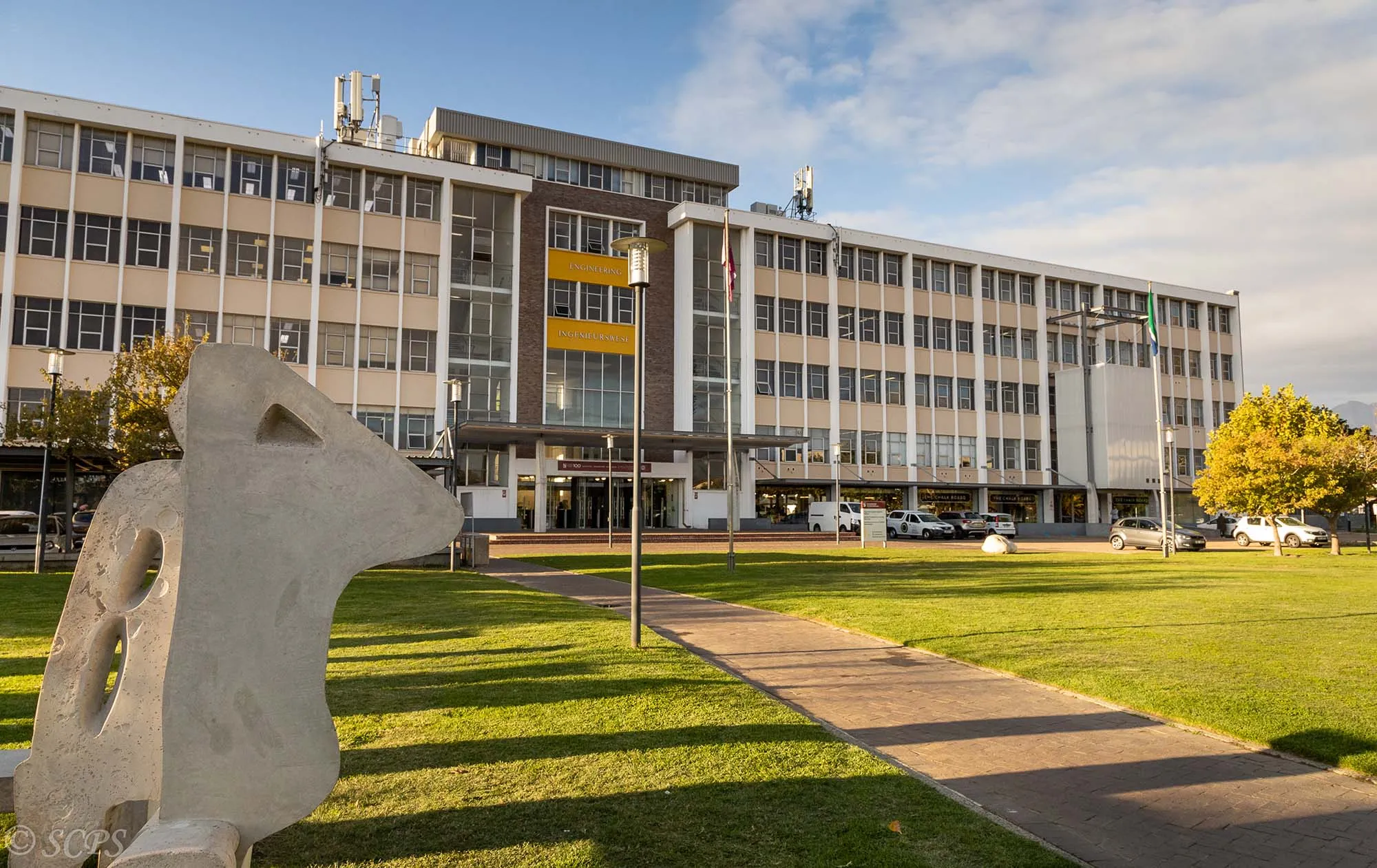
PTV Group and South Africa's Stellenbosch University have signed an agreement which will see the German group supporting R&D at the Stellenbosch Smart Mobility Laboratory (SSML) with its transport modelling software, PTV Visum and PTV Vissim.
Part of the university's Faculty of Engineering, SSML focuses on technology solutions and data applications for transportation engineering, looking at cost-effective transportation solutions for developing countries.
Students will use PTV's products to "conduct their mobility studies under realistic transportation planning conditions, and thus become better prepared for their future working environments".
SSML says it also wants to make Stellenbosch, in the Western Cape, the first transport-orientated smart city in South Africa.
The university and PTV are working with Stellenbosch Municipality to coordinate traffic signals in the town in real-time, to reduce congestion, a project for which SSML uses a PTV transport model for testing and calibrating the adaptive traffic signal control systems in the town, which are also based on PTV software.
“Stellenbosch University and the PTV Group have maintained a close relationship for many years,” says Christian Haas, CEO of PTV Group.
“I am pleased that we can now give this an official framework with the signing of the Memorandum of Understanding. Our joint project with the Stellenbosch Municipality shows how fruitful this partnership already is. Together we will empower cities in South Africa on their way to smart, sustainable mobility.”
Dr Johann Andersen, associate professor of ITS at Stellenbosch University adds: "Our students benefit from the software of the industry leader when learning, working, and researching in the SSML. This enables them to do realistic transportation planning and makes them sought-after transportation planners and engineers on graduation."








